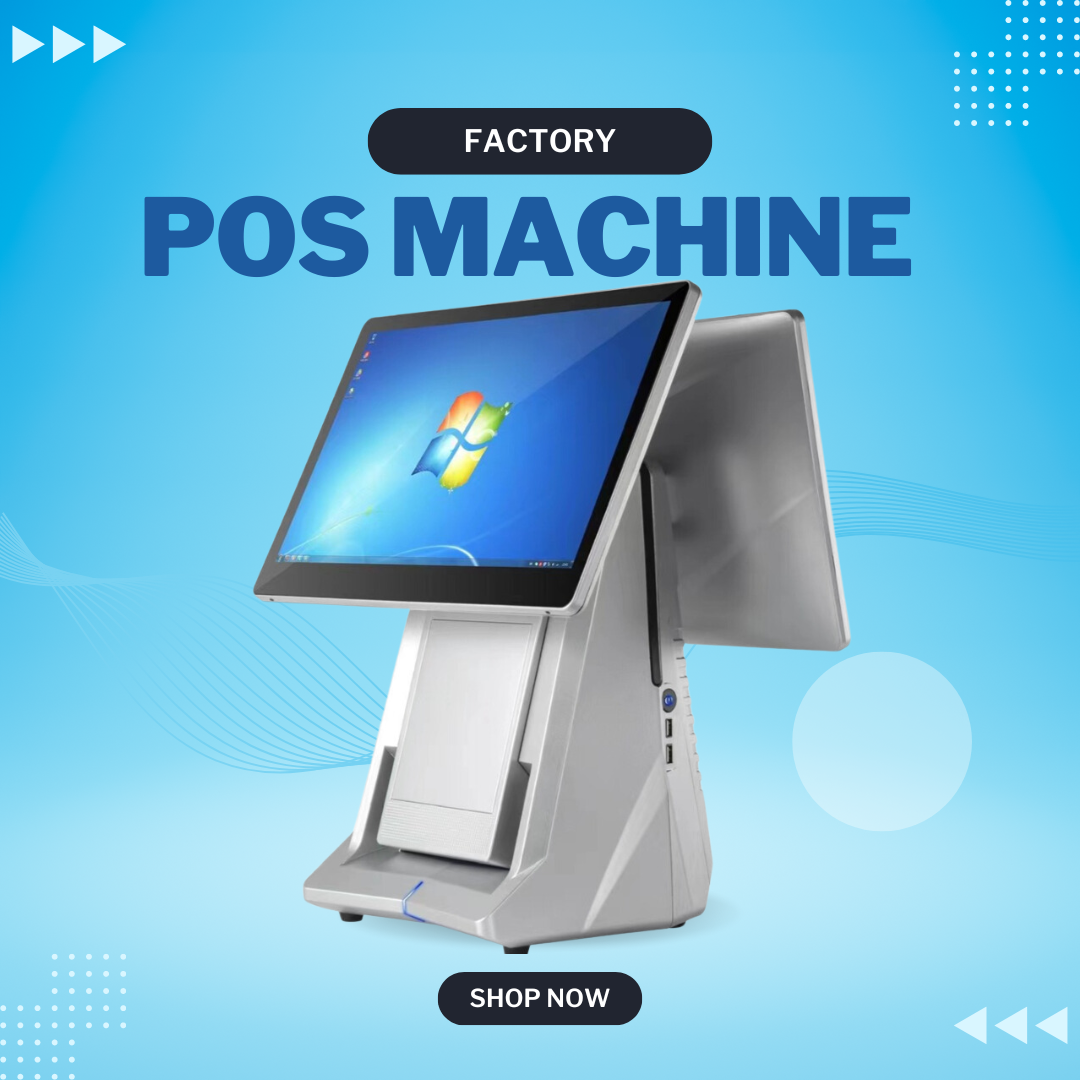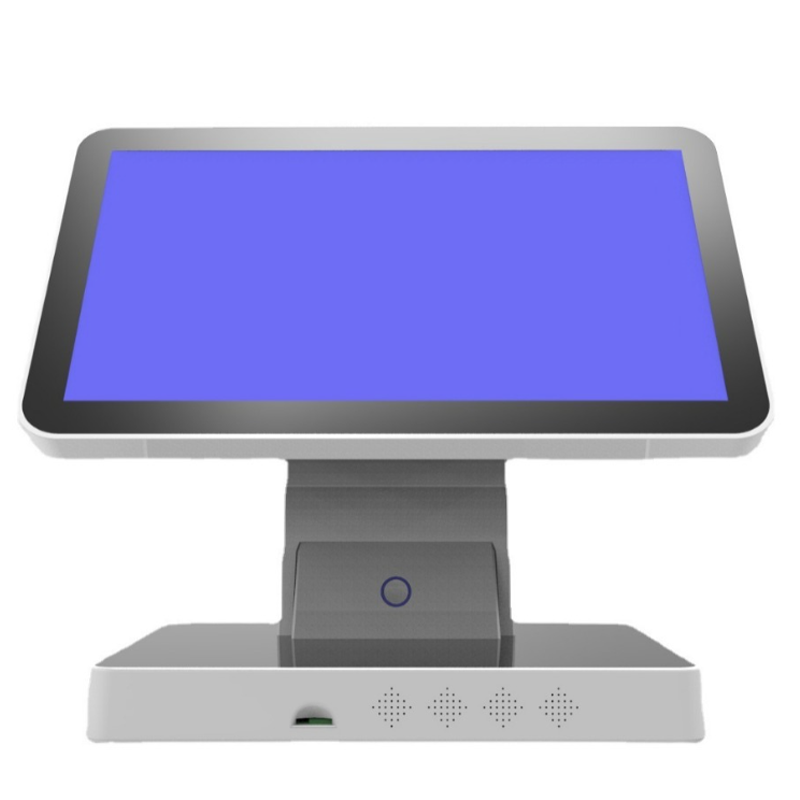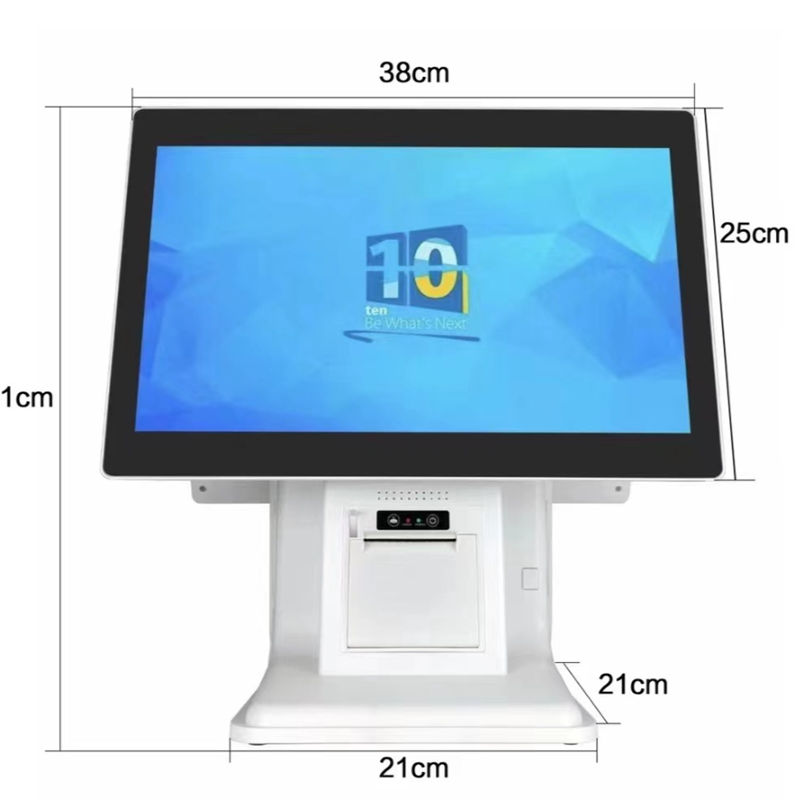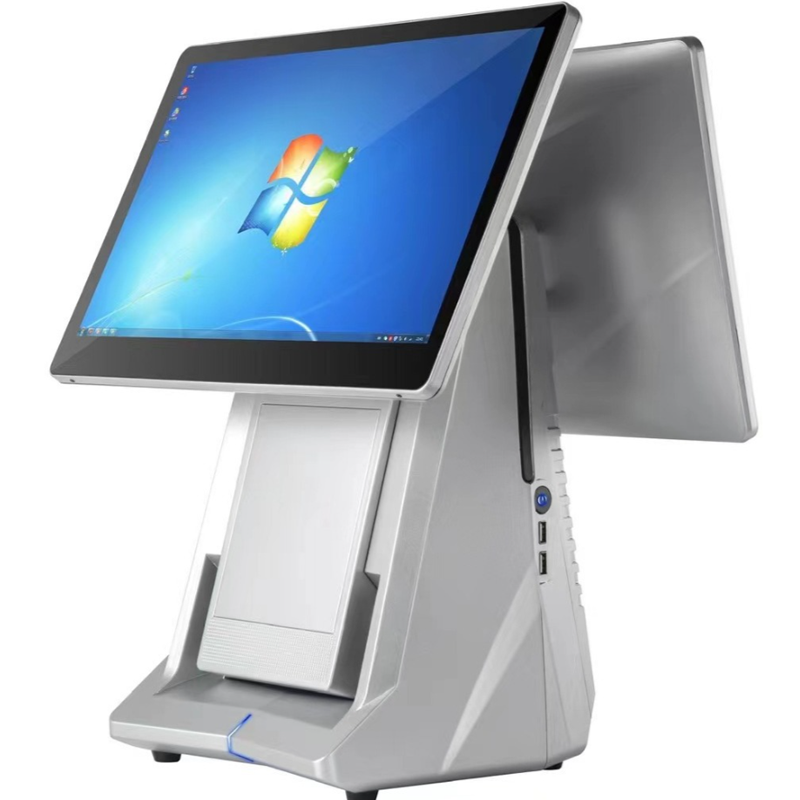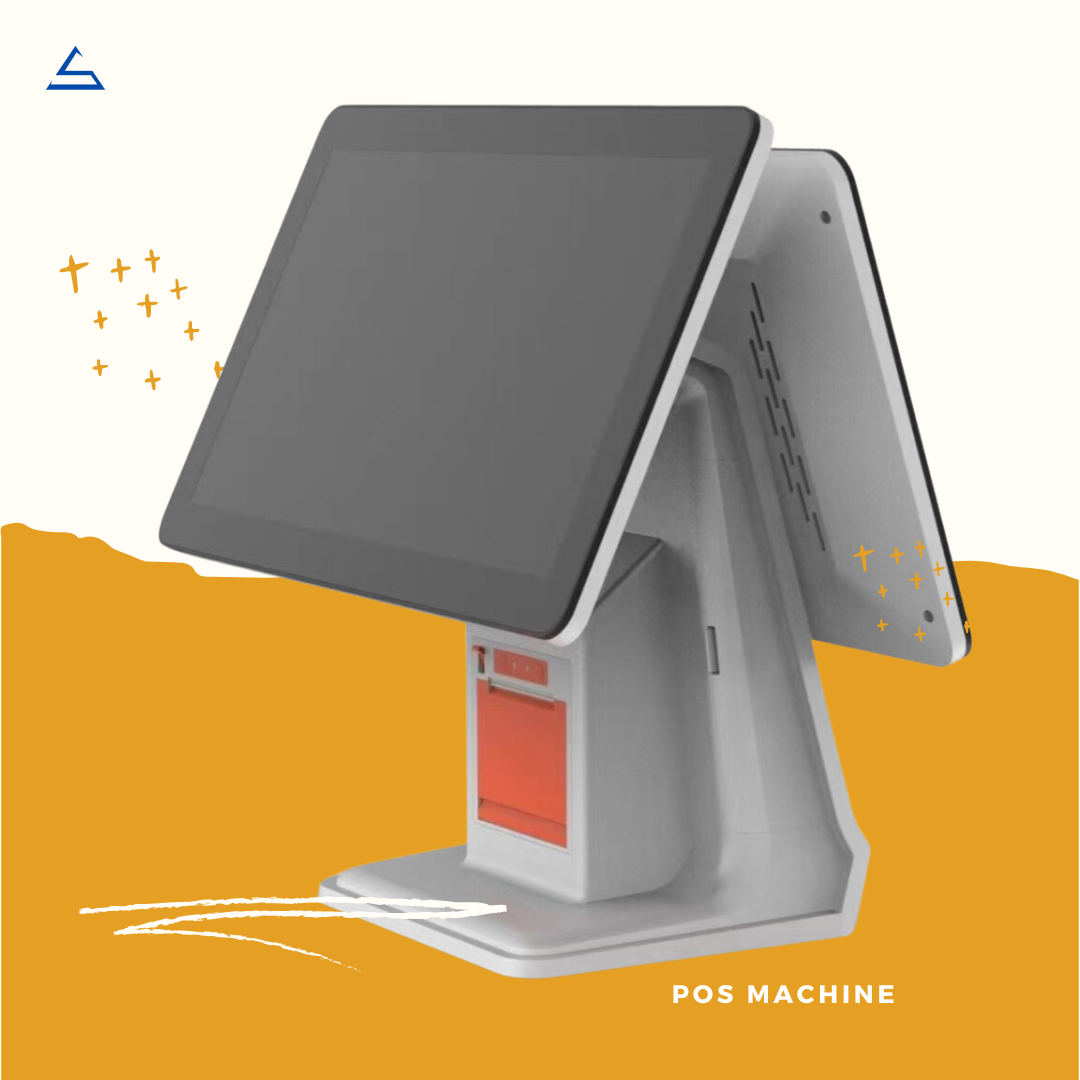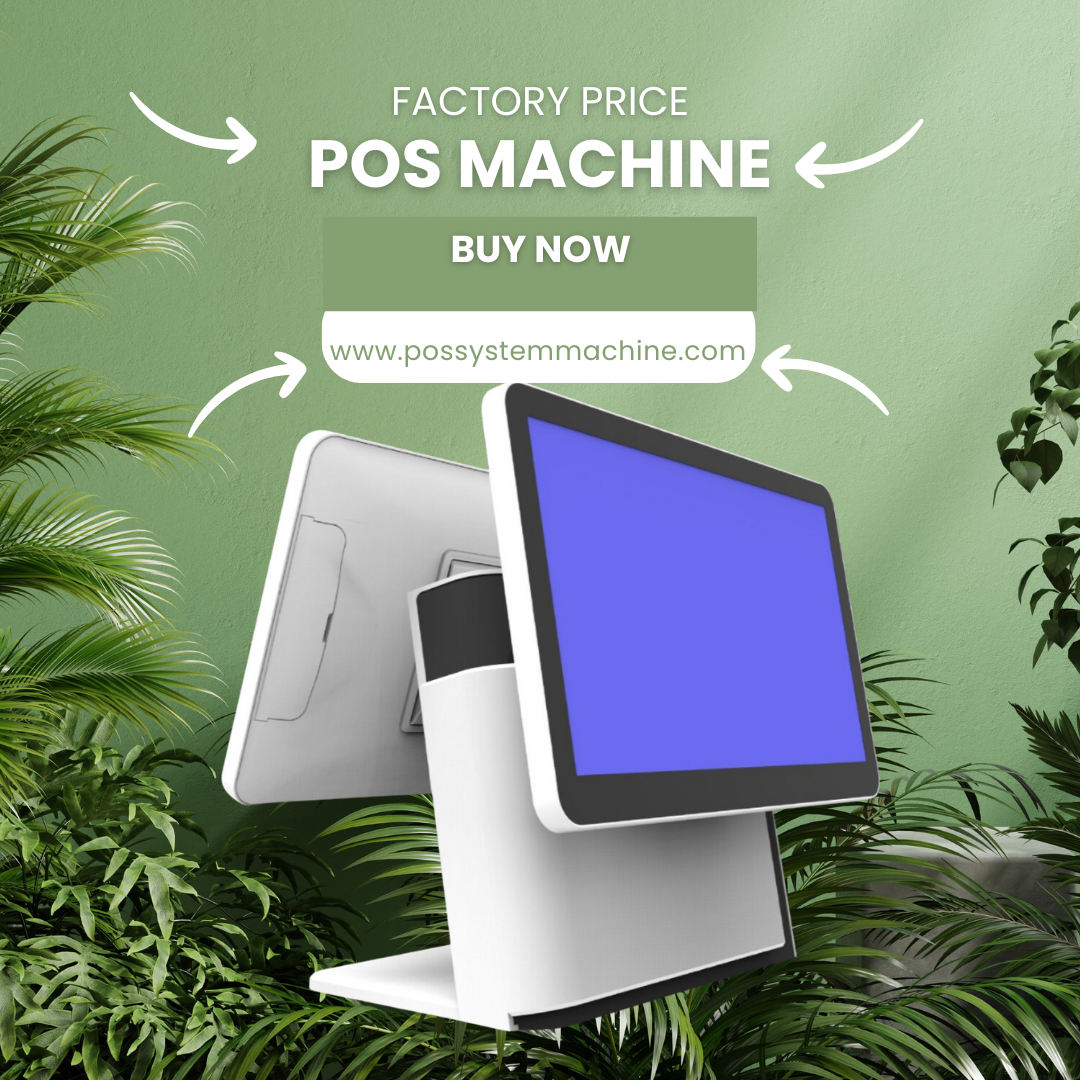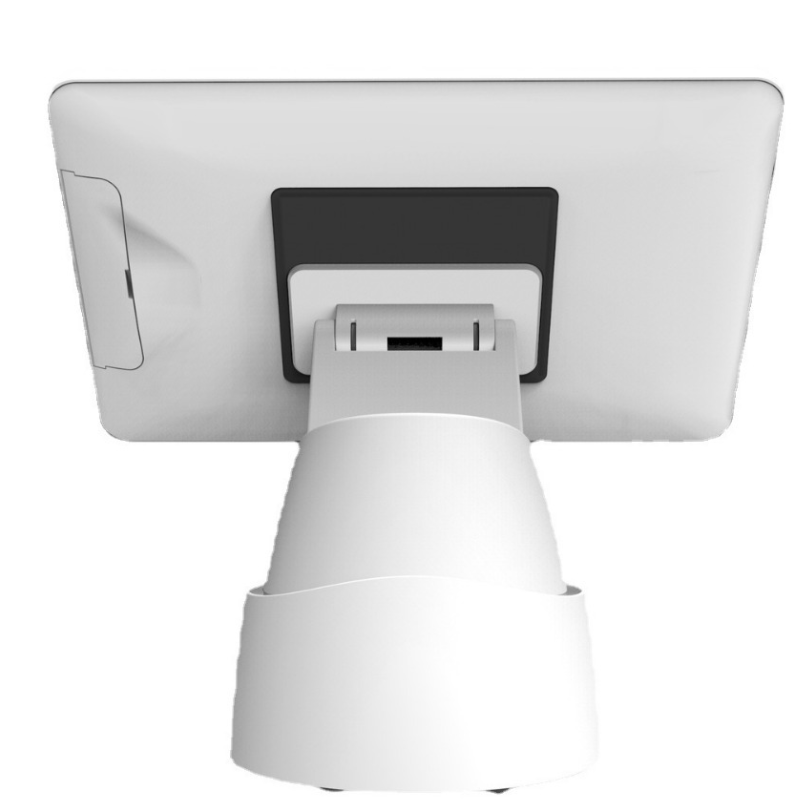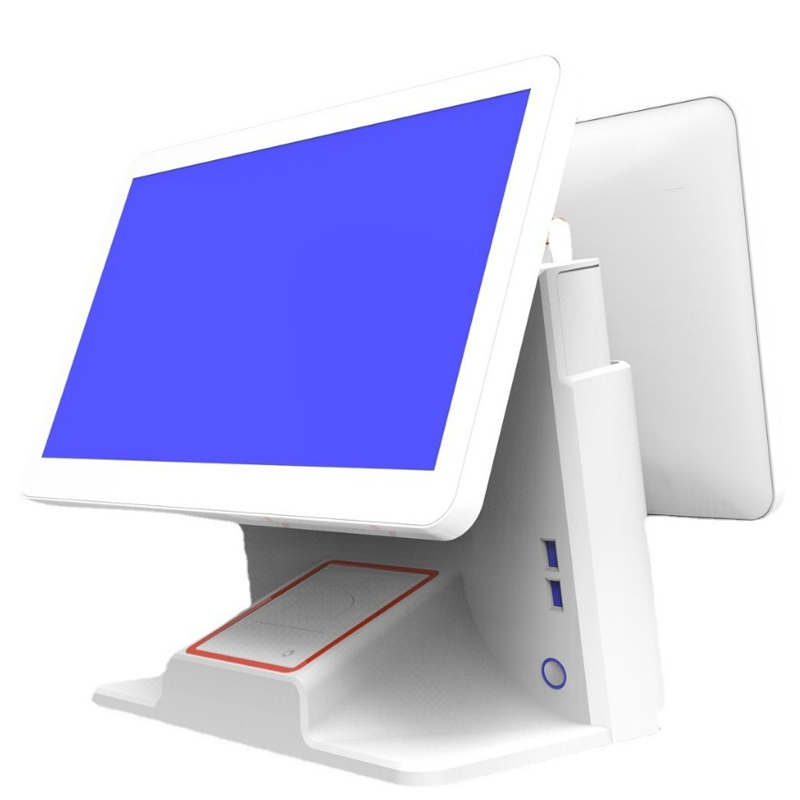how to use pos cash register
Table of Contents
Summary
In today’s retail landscape, understanding the tools that power your business is crucial. One common question that often arises is: “Is a cash register a POS?” This article will dive deep into the world of cash registers and Point of Sale (POS) systems, exploring their similarities, differences, and how they impact your business operations. Whether you’re a small business owner looking to upgrade your setup or simply curious about retail technology, this guide will provide valuable insights to help you make informed decisions.
What Exactly is a Cash Register?
Let’s start with the basics. A cash register is a mechanical or electronic device used to calculate and record sales transactions. Traditionally, cash registers were simple machines that:
- Recorded sales amounts
- Stored cash in a drawer
- Provided basic sales reports
These devices have been a staple in retail for over a century, evolving from mechanical contraptions to electronic systems. But how do they compare to modern POS systems?
Understanding POS Systems: More Than Just a Cash Register
A Point of Sale (POS) system is a more advanced solution that goes beyond the basic functions of a cash register. Modern POS systems typically include:
- A computer or tablet
- Cash drawer
- Receipt printer
- Barcode scanner
- Card reader
But the real power of a POS system lies in its software. POS software can:
- Track inventory in real-time
- Generate detailed sales reports
- Manage customer information
- Process various payment types
- Integrate with other business tools
“While all POS systems can function as cash registers, not all cash registers are POS systems.” –
The Key Differences Between Cash Registers and POS Systems
To better understand how cash registers and POS systems differ, let’s break down their key features:
| Feature | Cash Register | POS System |
|---|---|---|
| Transaction Processing | Basic | Advanced |
| Inventory Management | Limited/None | Comprehensive |
| Reporting Capabilities | Basic | Detailed Analytics |
| Payment Options | Limited | Multiple Methods |
| Customer Management | None | CRM Features |
| Integration with Other Systems | Limited | Extensive |
As you can see, POS systems offer a much broader range of capabilities compared to traditional cash registers.
When Should You Use a Cash Register vs. a POS System?
Choosing between a cash register and a POS system depends on various factors:
Cash Register Might Be Sufficient If:
- You run a small, low-volume business
- You only need basic transaction processing
- You have a limited budget
- Your business doesn’t require detailed reporting
POS System Is Recommended When:
- You need to manage inventory across multiple locations
- You want to track customer purchase history
- You require detailed sales analytics
- You plan to integrate with e-commerce platforms
- You need to manage employee schedules and performance
How Do You Choose the Right POS System for Your Business?
Selecting the ideal POS system involves considering several factors:
- Business Type: Different industries have specific needs. For example, a restaurant POS system will have features tailored to food service.
- Budget: POS systems range from basic to advanced, with pricing to match. Consider both upfront costs and ongoing fees.
- Scalability: Choose a system that can grow with your business.
- Ease of Use: Look for intuitive interfaces that are easy for staff to learn.
- Integration Capabilities: Ensure the system can work with your existing tools like accounting software or e-commerce platforms.
- Customer Support: Reliable technical support is crucial for minimizing downtime.
What Are the Different Types of POS Systems Available?
POS systems come in various forms to suit different business needs:
- Traditional POS: Typically includes a monitor, cash drawer, and receipt printer.
- Mobile POS: Uses smartphones or tablets for on-the-go transactions.
- Cloud-Based POS: Stores data online, allowing access from anywhere.
- Self-Service Kiosks: Allows customers to place orders and pay without staff assistance.
For a detailed comparison of POS types, check out our guide to POS system types.
How Can a POS System Improve Your Business Operations?
Implementing a POS system can bring numerous benefits to your business:
- Improved Accuracy: Reduces human error in pricing and calculations.
- Time Savings: Automates many tasks, freeing up staff for customer service.
- Better Inventory Management: Real-time tracking helps prevent stockouts and overstock situations.
- Enhanced Customer Experience: Faster checkouts and personalized service.
- Data-Driven Decisions: Access to detailed reports helps in making informed business choices.
What Are Some Advanced Features of Modern POS Systems?
As technology evolves, POS systems are becoming increasingly sophisticated. Some advanced features include:
- AI-Powered Analytics: Predicts sales trends and customer behavior.
- Omnichannel Integration: Seamlessly connects in-store and online sales.
- Contactless Payments: Supports NFC and mobile wallet transactions.
- Employee Management: Tracks work hours and performance metrics.
- Loyalty Program Integration: Manages customer rewards and personalized offers.
How Do You Transition from a Cash Register to a POS System?
Making the switch from a traditional cash register to a modern POS system can seem daunting, but with proper planning, it can be a smooth process:
- Assess Your Needs: Determine what features are essential for your business.
- Research Options: Compare different POS systems that meet your requirements.
- Plan the Implementation: Choose a time that minimizes disruption to your business.
- Train Your Staff: Ensure all employees are comfortable with the new system.
- Migrate Data: Transfer any existing customer or inventory data to the new system.
- Test Thoroughly: Run test transactions before going live.
For a step-by-step guide on implementing a new POS system, visit our POS implementation checklist.
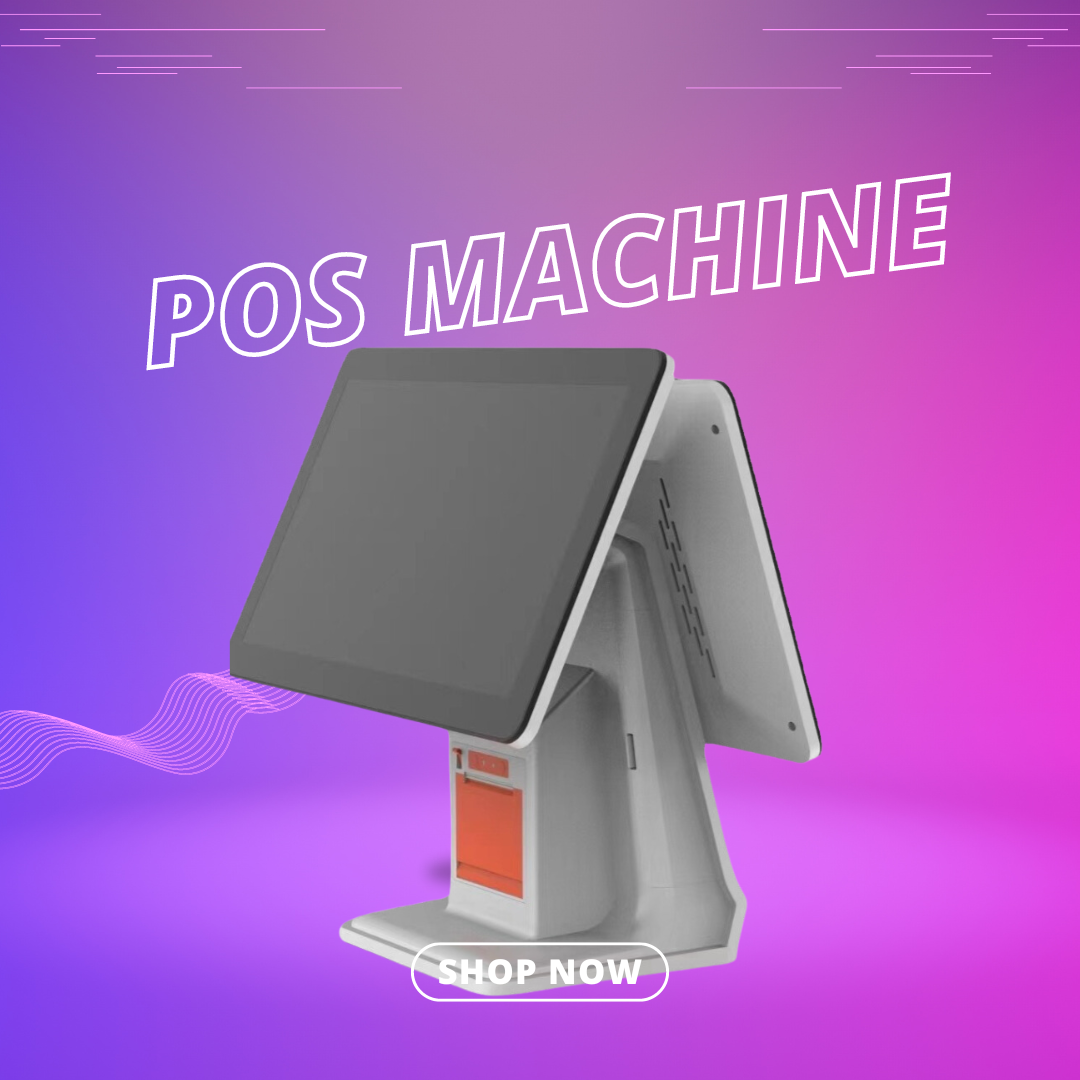
What Does the Future Hold for POS Technology?
The world of POS systems is constantly evolving. Here are some trends to watch:
- Increased Mobile Integration: More businesses are adopting mobile POS solutions for flexibility.
- AI and Machine Learning: Expect smarter systems that can predict trends and automate decision-making.
- Enhanced Security Features: As cyber threats evolve, so will POS security measures.
- Augmented Reality Integration: AR could revolutionize how customers interact with products in-store.
- Blockchain for Transactions: Some POS systems may incorporate blockchain for secure, transparent transactions.
Tags
Product
Blog
Contact Us
Related Products
Frequently asked questions about wood box manufacutring

